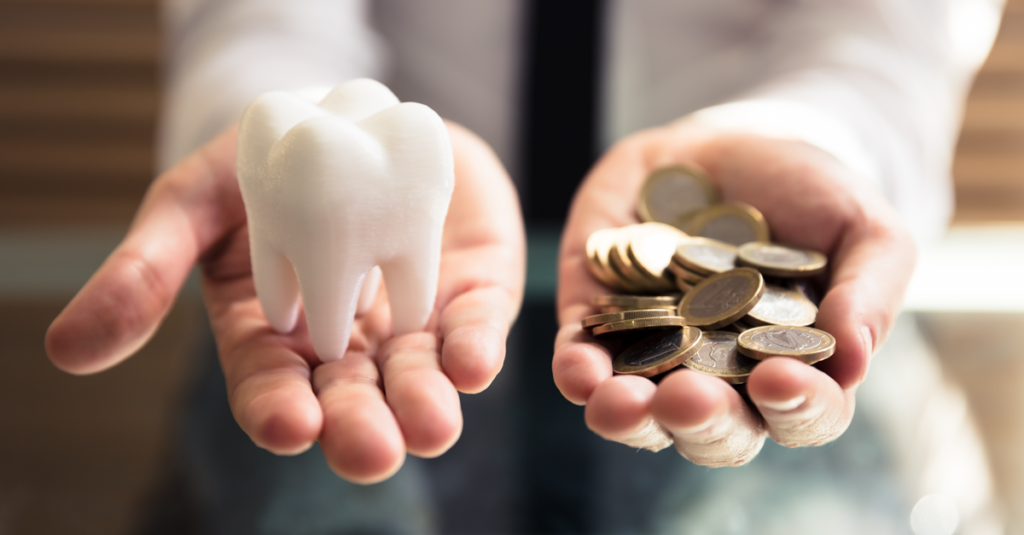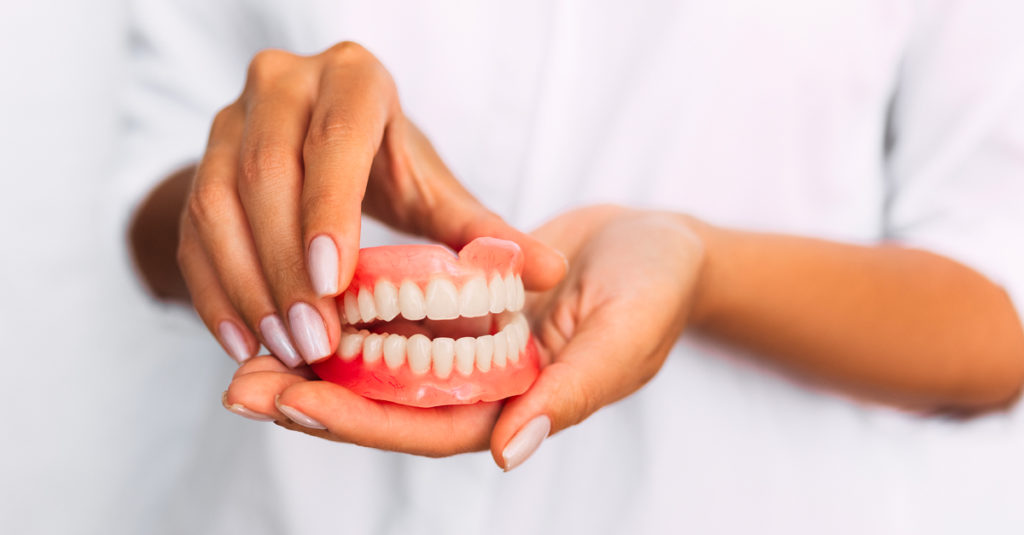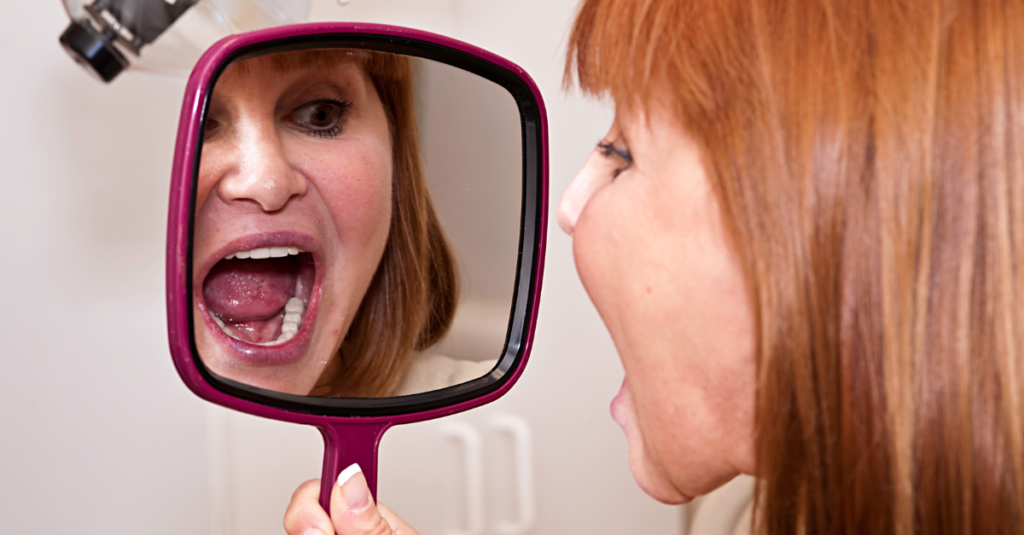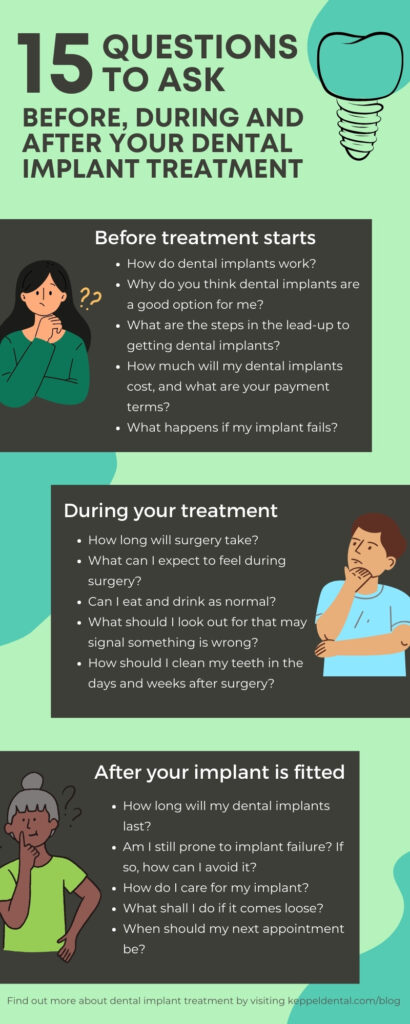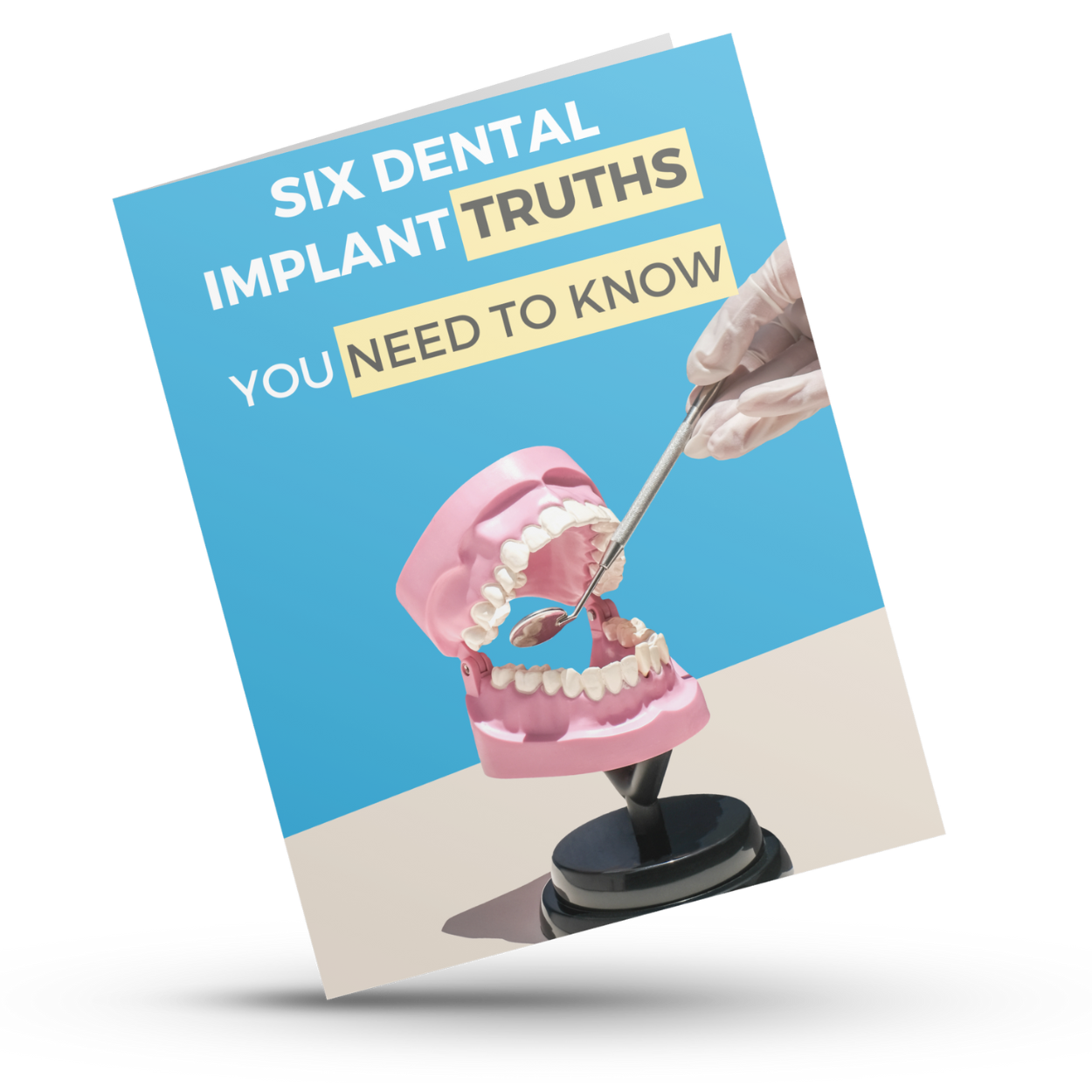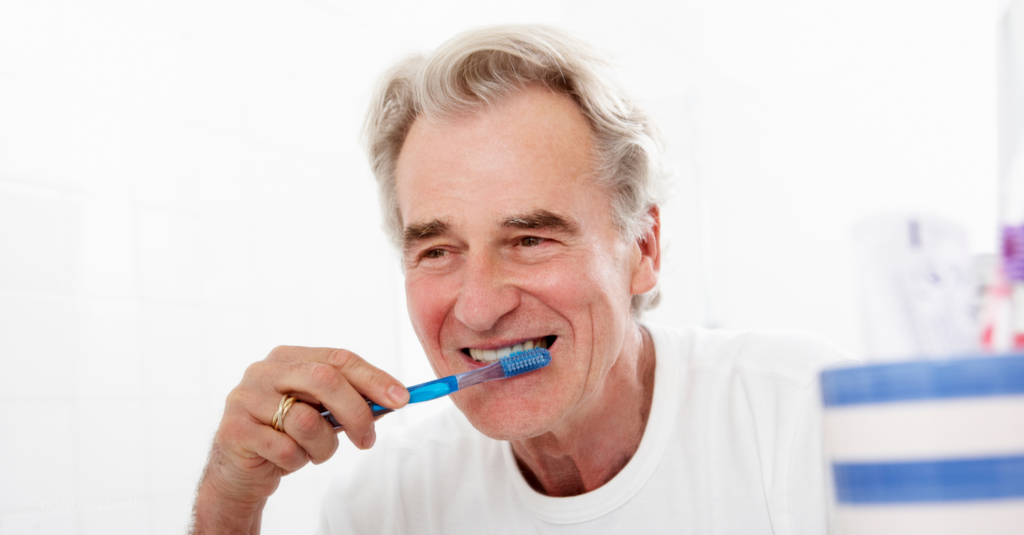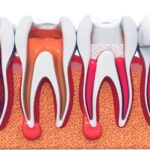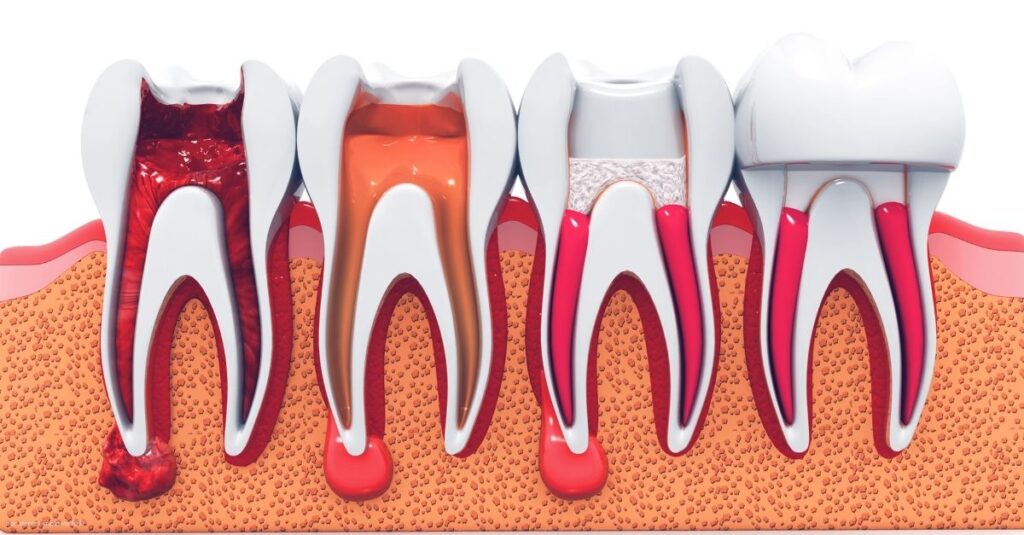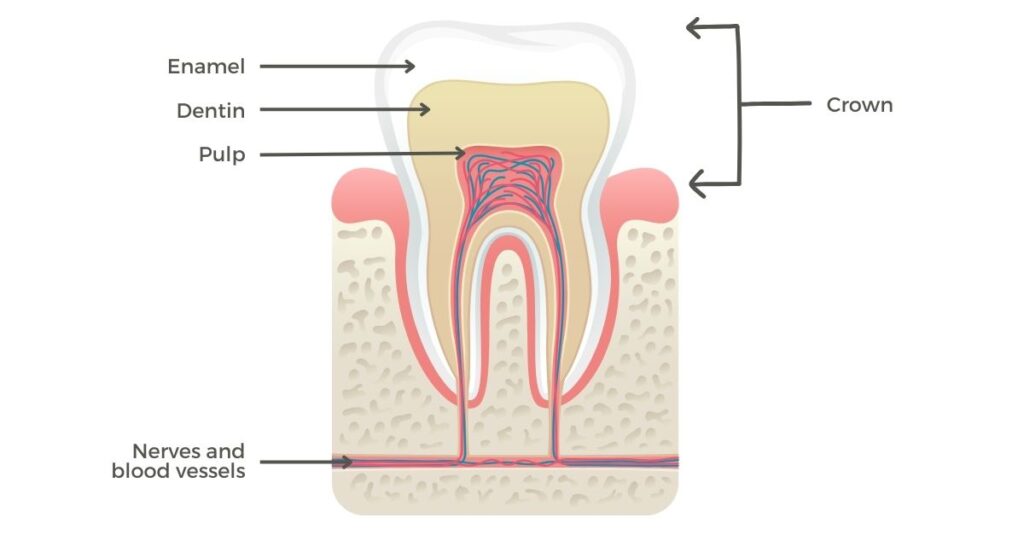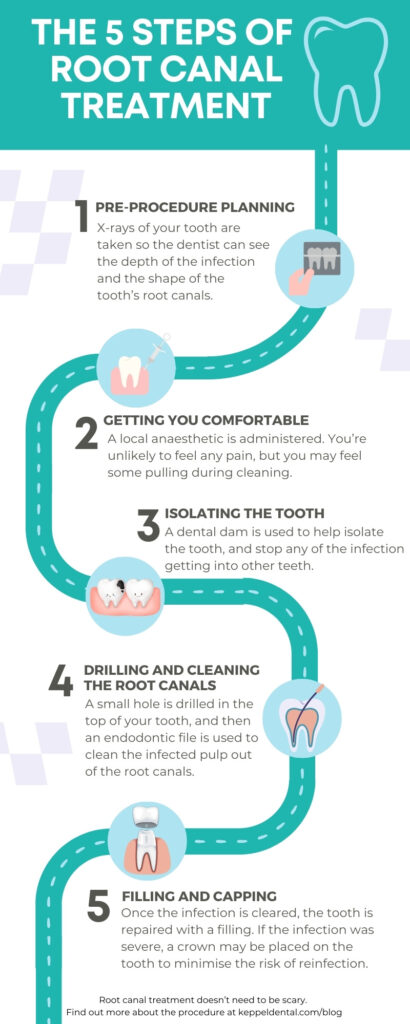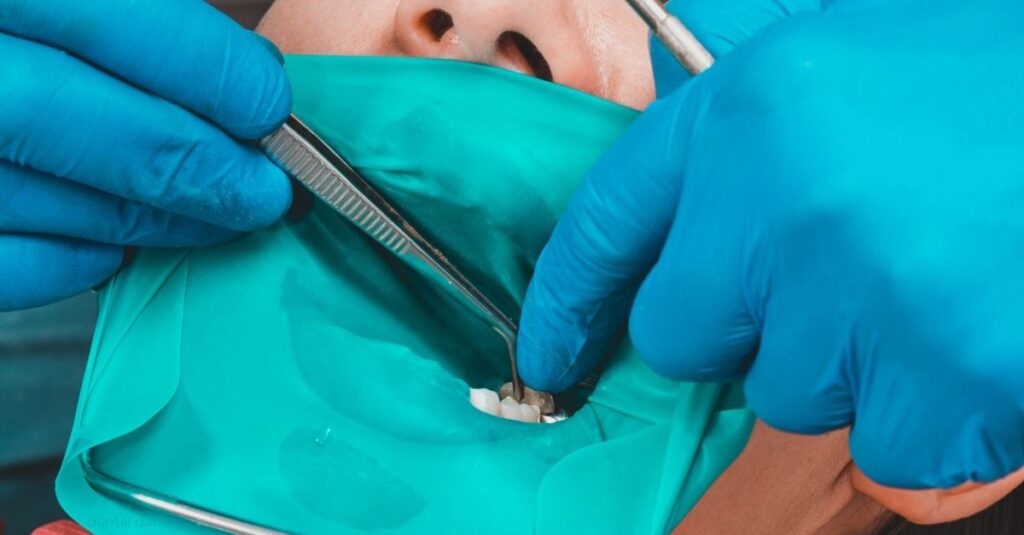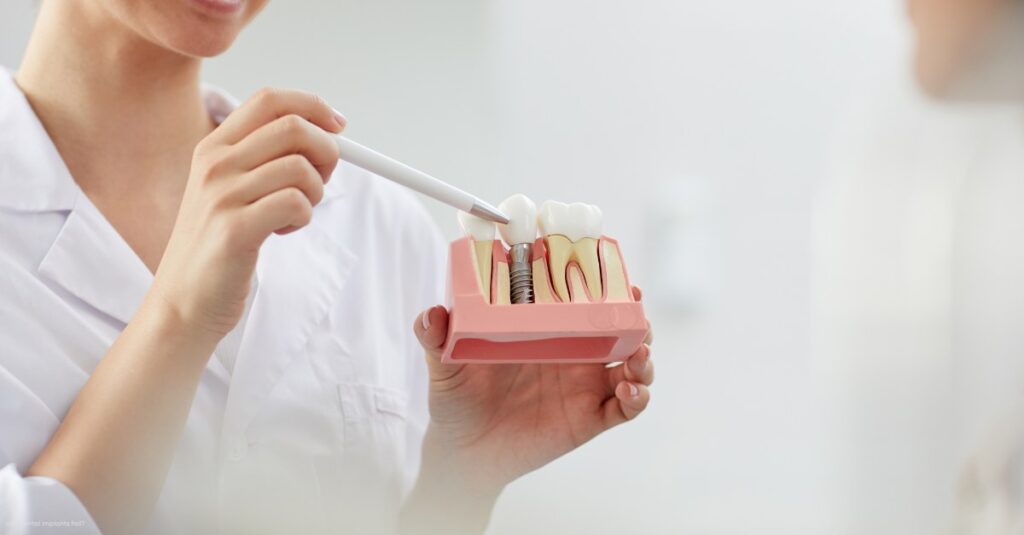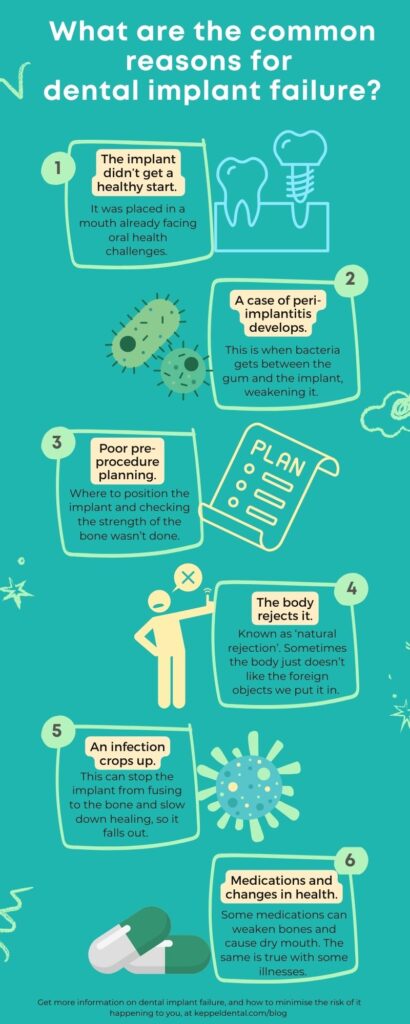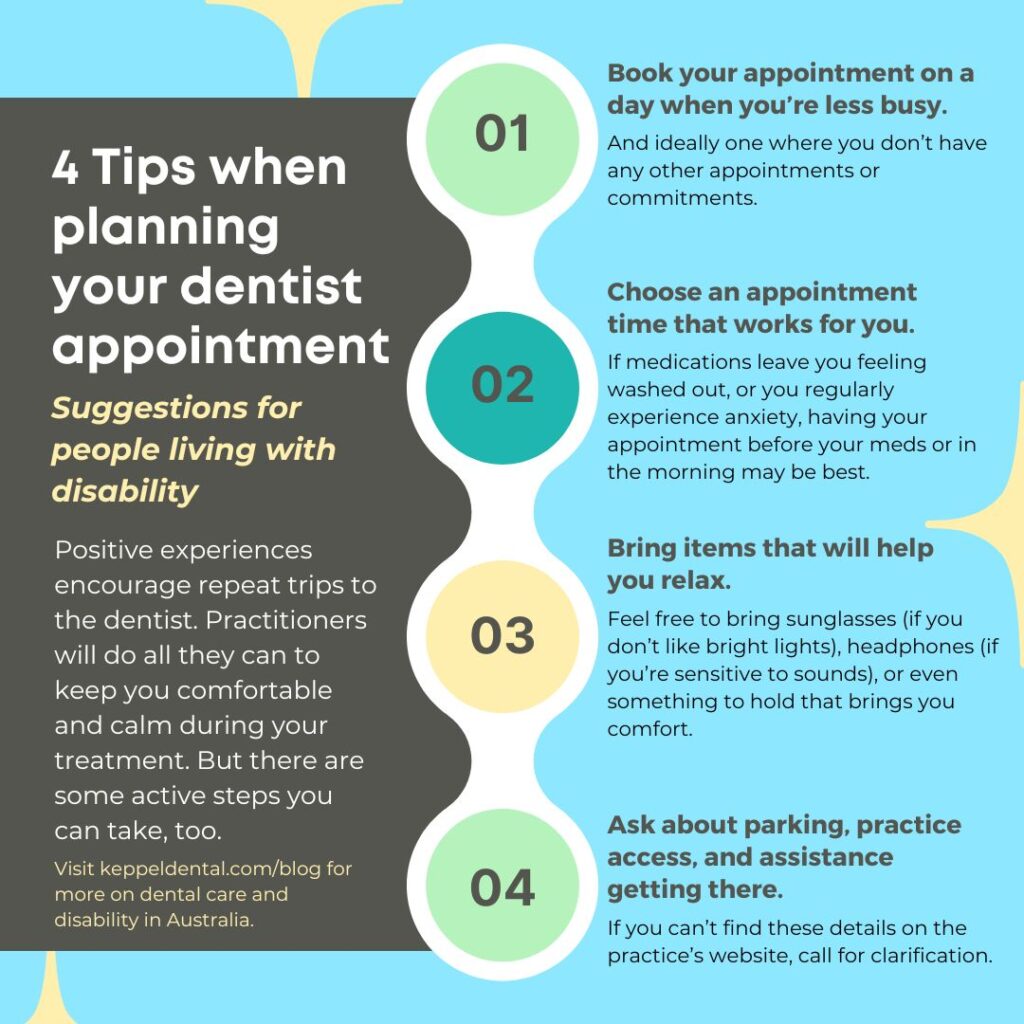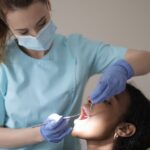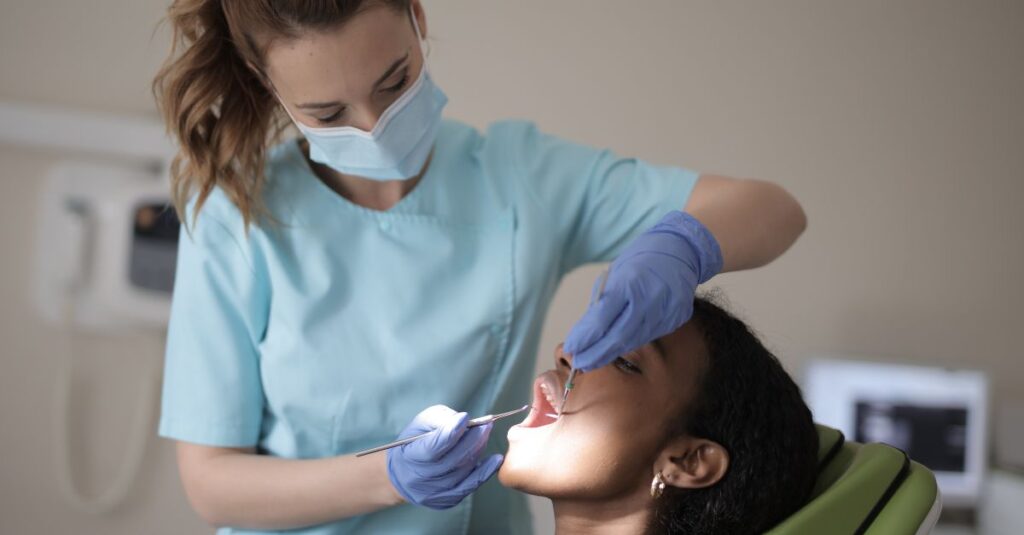Every year thousands of Australians choose to have dental implant treatment to replace missing or damaged teeth. That’s a lot of people. But you’re not a lot of people. You’re you. And before sinking your time and money into this tooth replacement treatment you want to be confident that dental implants are right for you. So let’s figure that out.

As Keppel Dental’s lead implant dentist, I’ve helped hundreds of patients decide if getting a dental implant is their best option.
In this short article I’ll cover:
- the key things you need to think about before implant treatment
- what dentists look for to decide if you’re a good candidate
- some extra articles and resources to help with your research.
By the end you’ll be in a stronger position to decide whether you’re ready to press ‘go’ on the process.
The day-to-day signs that dental implants are right for you
Getting dental implants isn’t a snap decision. Most patients spend 3-6 months thinking about it before making a consultation appointment. By this point, they’ve usually encountered one or more of the 6 signs that it’s crunch time for getting dental implants.
- Eating hard or chewy food, sneezing, and even smiling leaves you feeling frustrated, uncomfortable or embarrassed.
- When you think about tooth replacement options you know you want an almost fit and forget solution.
- You care about how your smile looks. Fixing it up is a priority and you’ve thought about the financial side of how to make it happen.
- You’ve got multiple missing or broken teeth, which is making eating difficult or even painful.
- You’re currently in good health and have even quit smoking (or vaping) so now is a good time.
- Missing teeth can contribute to jawbone loss or deterioration, leading to that older, sunken face look. And you want to avoid that.
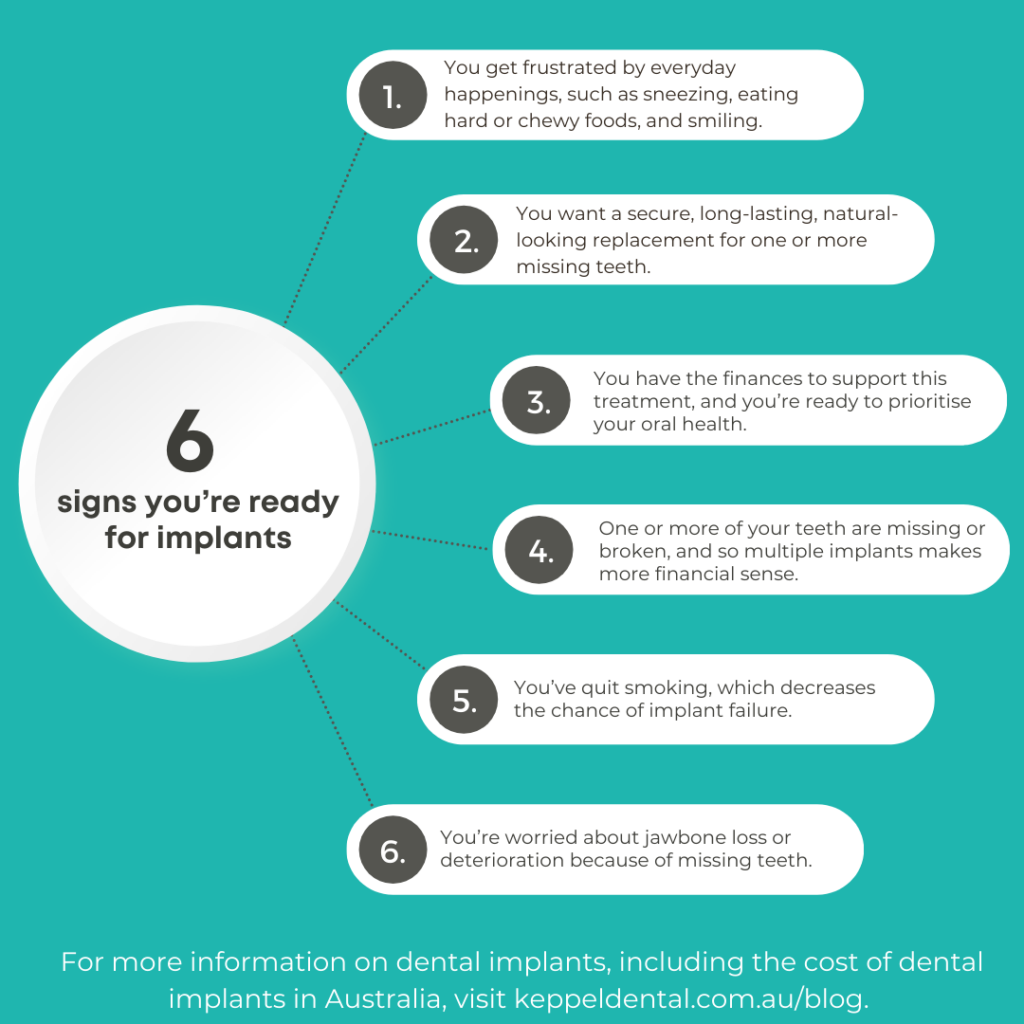
What dentists look for
Dental implants can last for 15-20 years. But only if conditions are right. To understand if you’re a good candidate for dental implants, your practitioner will check a few things first. This helps them map the route for your personal treatment plan.
Your lifestyle
The chemicals in cigarettes and vaping liquid change the conditions in the mouth. Bone can be weakened and smokers and vapers are more likely to experience gum disease, increasing the chance of implant failure. Ideally, your dentist wants you to stop smoking before placing implants. And staying off the ciggies afterwards will prolong the life of the implant.
Your current oral health
Gum disease and tooth decay don’t mix well with dental implant treatment. These common oral health challenges can:
- cause gums to recede, which would expose your implant
- lead to infection or inflammation, slowing down the healing process
- weaken the jaw bone, causing your implant to come loose or fall out.
Your dentist will look for signs of tooth decay or gum disease during your initial consultation. If they’re present, then these challenges will be treated first.
The strength of your jaw bone
Dental implants consist of two parts.
- A titanium screw-like fitting that acts in the same way as a natural tooth’s root.
- A prosthetic tooth replacement that attaches to the fitting.
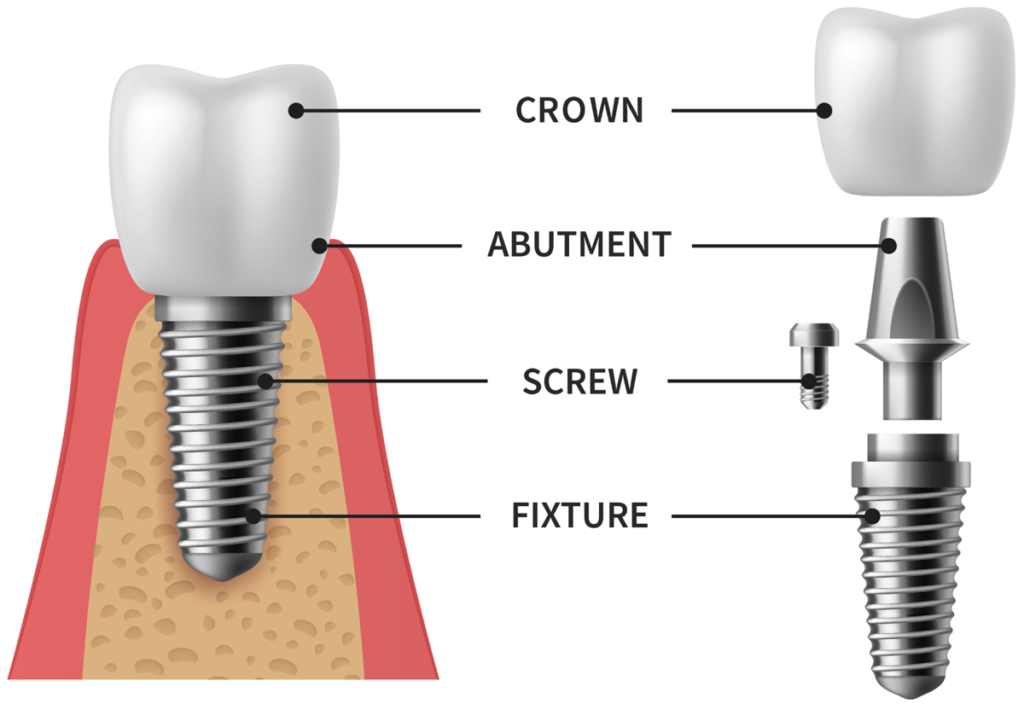
It’s the screw-like fitting that is the implant. (Even though we commonly refer to the whole thing as ‘a dental implant.’) The bone supporting the implant must be strong and healthy to withstand the everyday demands put on the mouth, such as chewing and eating.
Implants placed into a weak jaw bone are less likely to fuse and more likely to fail.
Your dentist will take X-rays and 3D scans of your mouth to check your jaw bone density. If it looks as though it’s lacking, you may need a bone graft. This procedure uses prosthetic material to strengthen the bone around the treatment site.
Any health, medication, or treatment challenges
Before going ahead with dental implants, it’s a good idea to let your dentist know about any health conditions you have, along with any medications you’re taking to treat them. Your dentist can then factor this into your treatment plan.
More dental implant resources
Before going ahead with dental implant treatment you need to feel confident that it’s right for you. Your dentist can provide a lot of the facts and information you need to make an informed decision as they know your oral health the best. But there’s a lot you can discover and learn about before heading into your initial consultation.
To help our patients at Keppel Dental we’ve put together several dental implant guides. And if you’re getting the procedure done elsewhere in Australia, then they may help you too.
Delivering dental implant treatment and care in Central Queensland
Getting dental implants isn’t something you decide on a whim. Understanding treatment costs, expected outcomes and timeframes is vital so you can evaluate your options and make a plan before hitting ‘go.’
Whether you’re at the start of your dental implant journey or you’re ready to take the next step, Keppel Dental can help. We use the latest digital dentistry technologies and high quality dental implant products to deliver the best dental implant care possible for patients in Central Queensland and beyond.
Contact us and our friendly staff will book your free first consultation with me, Dr Luke. We’ll discuss your concerns, the procedure, the timelines and the estimated cost for your treatment.
"*" indicates required fields

